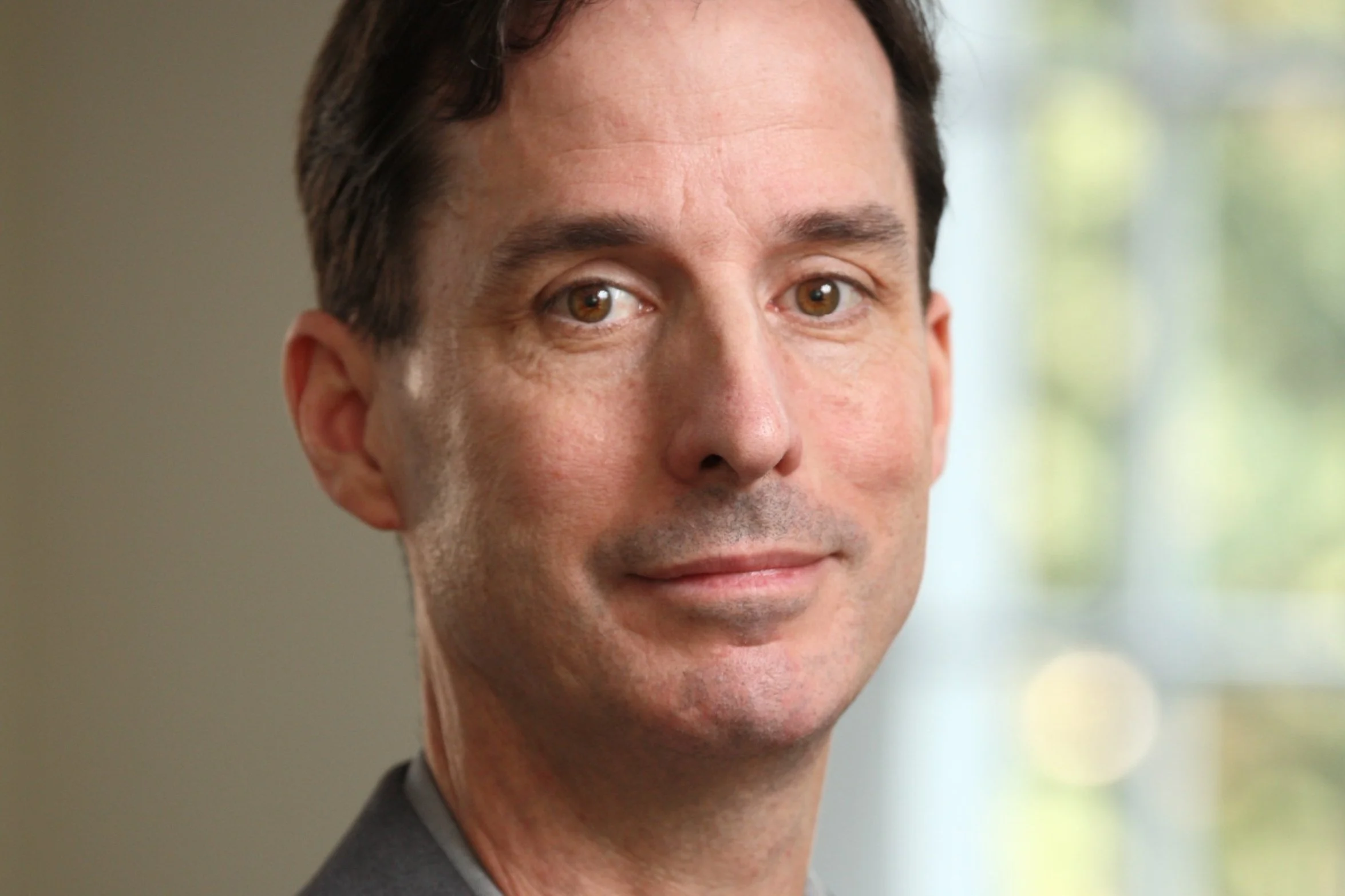Why We Need Strong Towns
This post was originally written on LinkedIn, and is republished here with permission.
(Source: Canva, with edits.)
The Strong Towns movement defies political categorization because we are on a mission that undermines the current political landscape: To build financially resilient cities where people can prosper using the resources communities have on hand. To accomplish this, we dedicate ourselves not just to political agnosticism, but to reaching out, across differences, to find allies and inspire action. Those who want our movement to fit neatly under a label of "leftist" or "Republican" or "rural" or "urban" will be confounded—and that leads to some interesting attempts to categorize us, like this take from Current Affairs Magazine. It's kicked up plenty of conversation, and given us another opportunity to see the diversity and thoughtfulness of Strong Towns advocates. Here is a taste of the discourse from University of Virginia Professor and Autonorama author Peter Norton.
. . . . .
I disagree with a new article about Strong Towns ("The Strong Towns Movement Is Simply Right-Libertarianism Dressed in Progressive Garb," by A.L. Dean). Because I consider Strong Towns’ contributions uniquely valuable, I wish to say why.
It’s obvious to me that Charles Marohn’s political values differ markedly from mine. I recognize many of my own values in those that are evident in Dean's article. This fact, however, does not lead me to reject Marohn's views, or those of Strong Towns. To the contrary, I welcome and value a perspective that often arrives at valid and important conclusions by another path. There's a sense of confirmation in it—like that feeling we may remember from school when we found that you can arrive at a correct answer to a math problem by multiple means.
I am gratified that Strong Towns can help us reach other audiences and even change minds that others (me, for example) can’t change. I disagree with several of Strong Towns' specific positions (naturally), but this fact does not cause me to miss the exceptional value of the Strong Towns package.
Faced with a collection of arguments such as those that Strong Towns propounds, our task is not to affix a label to the whole and then to accept or reject it depending upon the label, but to critically evaluate each argument and select. Indeed, this critical selectivity is essential to Strong Towns' own approach to planning and engineering—and one of its most valuable contributions. Civil engineers are trained to accept inherited engineering standards uncritically and in their entirety. By rejecting this habit, Strong Towns demands better of engineers.
Much of what has afflicted America’s cities, towns, and suburbs has been a kind of sham conservatism that would have us believe that government-enforced inequities, subsidized suburbanization, code-mandated sprawl, and unsustainable debt loads are consistent with conservative values. Of course they aren't—but people perceived as progressives or liberals are at a disadvantage in pointing this fact out. The best qualified critic of sham conservatism is the person who has a credible claim to conservatism. Among people who have such a claim, however, few demand such consistency. Marohn does.
To advocates of change, Strong Towns offers tools of exceptional practical utility. Addressing a metropolitan planning organization persuasively can be daunting, and those who dare the attempt need all the tools they can get. Dean faults Marohn for inviting people to “do the [financial] math,” when this may be exactly what the moment requires. It may be the best way to evade the thicket of ideological labels and expose the sham.
To condemn wasteful, car-dependent development for failing the financial math is not to excuse its other innumerable failures, including some that Dean and I may care more about. It's to make its failures clearer to larger audiences. When I argue against car-dependent urban design, my audience can tell me—as it often has—“but we it like it this way.” In the face of such a divergence of values, I need Strong Towns' math.
Dean faults Marohn for distrust of what government has to offer, but the faulting is not consistent with the painful lessons of our history. The abuses we have inherited came neither from government nor from the private sector; they came from a hybrid in which private interest groups abuse government agencies to advance favored business agendas, reducing planning to government-encoded standards that favor some over others, and that mandate ever more road construction, parking lots, and other misallocations of land, tax revenues, and indebtedness. I share in Dean's demand for a public sector that can reliably stand for the public interest, but we must be careful not to permit this aspiration to lead us to suppose that we have that now.
Marohn is a civil engineer. I have studied such engineers over the course of their century of participation in the abuses that gave us the shocking status quo. What I found surprised me. Initially, I looked for villains. Instead, in conferences and other gatherings, over the decades in which the destruction began and accelerated, I found no shortage of professional skepticism among the engineers. The promoters of neighborhood destruction were seldom engineers. The cheerleaders of car dependency were people who wanted ever greater markets for cars, concrete, asphalt, and real estate. I’ve read countless private cautions from the engineers—warnings that extended over many decades. But in the end, nearly all of the engineers kept their cautions to themselves. Their careers were at stake. They went back to work, drawing up the plans that so often spelled community destruction. Surely a few quit quietly in disgust.
In all my years of study of these engineers, however, I never encountered one who said as plainly as Charles Marohn did (I paraphrase): "This is malpractice. I will have no part of it, and I will expose it."
Never, that is, until 2015, when I first read about attempts to strip Marohn of his license to practice civil engineering in Minnesota. Marohn had dared to write a public blog post titled “No New Roads.”
Marohn's demand had a basis that defied the labels. It was progressive. It was liberal. It was conservative. This was exactly the message Marohn's profession most needed, and a licensed civil engineer was the best qualified person to write it. But it was also the riskiest professional stand Marohn could have taken. Almost uniquely, Marohn risked his right to practice his chosen profession to hold it to its own standards of public service. For this act of courage alone, everyone interested in more sustainable, equitable, and affordable planning practices, regardless of their politics, is in Charles Marohn’s debt.
My students are engineers, and I assign them “No More Roads.” I assign it because it's my job to ensure that they know that they are responsible for their profession's stated commitment to the public interest. For this purpose, they need examples of engineers who are prepared to risk their careers for the sake of their profession. Such examples are painfully rare, so I depend upon Marohn's.
I also assign my students "No New Roads" because I know they cannot dismiss it in advance as a “progressive” critique—as many of them may dismiss my own arguments. Car-dependent urban design is inconsistent with progressive, liberal, and conservative values. We must attack it on all three.
“Car-dependent urban design is inconsistent with progressive, liberal, and conservative values. We must attack it on all three.”
Finally, I object to the title of the article: “The Strong Towns Movement Is Simply Right-Libertarianism Dressed in Progressive Garb.” Maybe an editor is responsible for it, rather than the author. I hope so. To dress something up is to misrepresent it. Marohn is surely sometimes wrong. Who isn’t? But Marohn does not dress up his views as anything other than what they are. The author of "No New Roads" is a person who says what he means.
Dean faults Marohn for aspiring to political neutrality, and I agree that neutrality in matters such as our communities is generally impossible. Values pervade or subject of common interest and values compel us to choose. But for this purpose, labels can be more misleading than illuminating, more hazardous than helpful. They invite agreement or rejection before the argument itself has had a chance. They can deter audiences we must reach if we’re to overcome even some of the burdens of our history.
Many audiences are unreachable. Some can be reached, however, and we need Strong Towns to reach at least some of those that may be deterred prematurely by some of the labels. Above all, perhaps the biggest single barrier to the change we need is the sham conservatism that strangely condemns bike lanes and reliable bus service as “leftist,” while a half-billion-dollar highway interchange imparting unsustainable public debt and maintenance burdens is somehow conservative. Such pseudo-conservatism is a daunting obstacle.
We need Strong Towns and we need Charles Marohn because they are in a better position than people like Dean or me to assail sham conservatism as the sham that it is. And Marohn knows that to assail it, the last thing he needs is ”progressive garb.”
The people who promoted the status quo sold it to us as motor-age progressivism, as benevolent-government liberalism, and as pro-business conservatism. All three of these sales jobs were elaborate fictions. Our opportunity lies in exposing these fictions, and in this cause people of diverse values can unite.
Peter Norton is associate professor of history in the Department of Engineering and Society at the University of Virginia. He is the author of Fighting Traffic: The Dawn of the Motor Age in the American City (MIT Press), and of Autonorama: The Illusory Promise of High-Tech Driving (Island Press).





